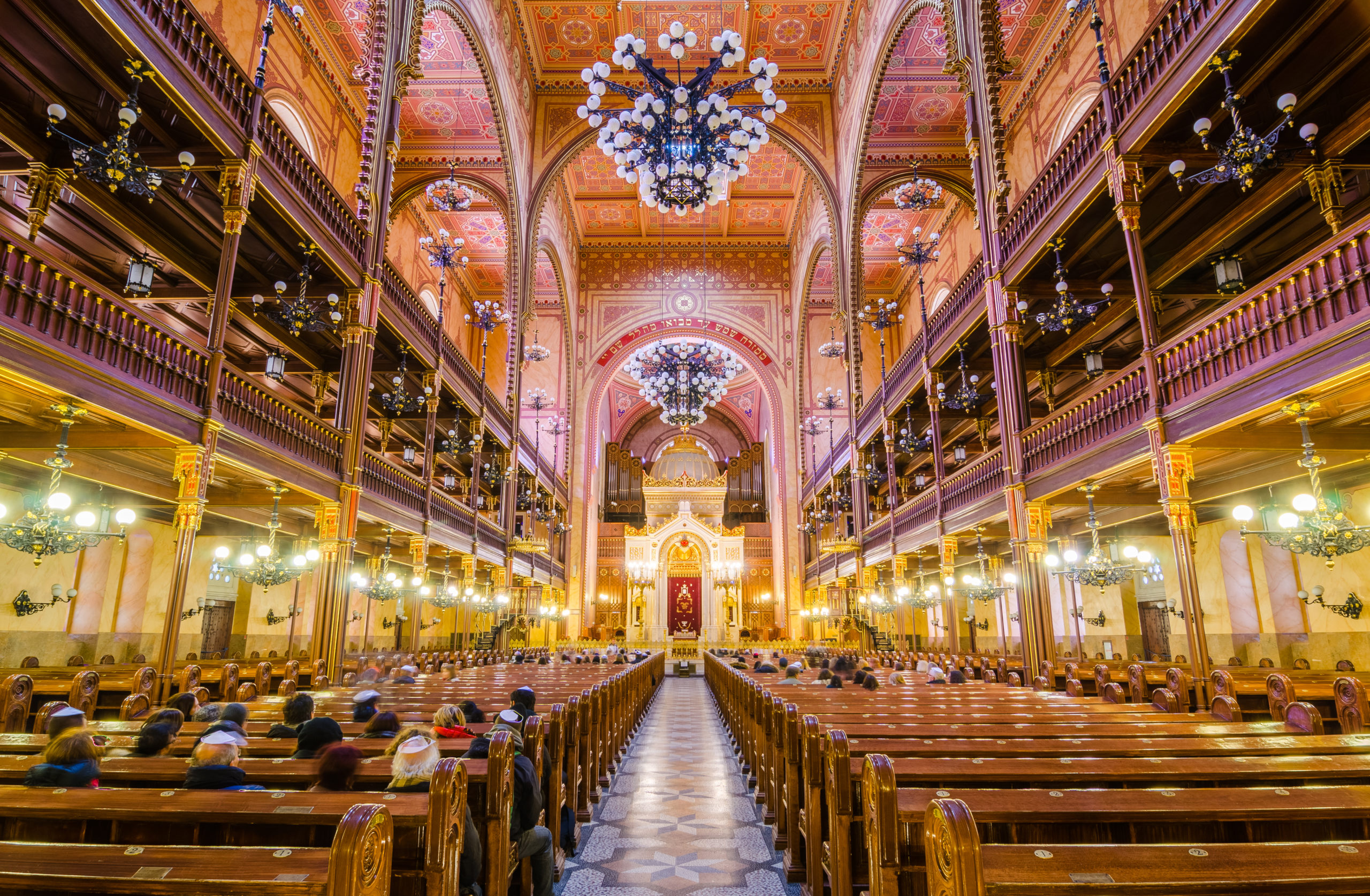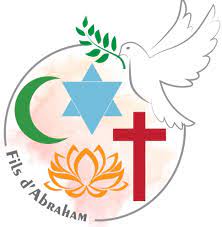Sons of Abraham
History
In 1993, the “Sons of Abraham” group was the result of a project conceived by Max Bobichon.
Max, then pastor of the parishes of St. Paul and St. Vincent, in connection with the inhabitants of the neighborhoods corresponding to the establishment of these parishes: It was a question of reviving the links between people inspired by an ideal of fraternity inscribed in a perspective of peace and relying on the teachings of their respective traditions, and this, within the three main monotheistic religions, to this end, to multiply their exchanges, in the mutual respect of their beliefs, by excluding any temptation of proselytism and by refusing the temptation of fundamentalism.
This group has declared itself open to all men and women of good will who are willing to work, beyond the circles formed and intertwined by Jews, Christians, and Muslims, according to the principles defined by a charter adopted as a set of guiding threads to orient their common search. Also, in the same way that several people claiming to be Bahâ’ism or Buddhism, were welcomed afterwards, allowing the organization to widen still further the perspectives of exchanges which contribute to break down all the prejudices, to build the bridges essential to cross the gaps which separate us, but especially to maintain a liberating dialogue for each individual.
The group became an association in January 2015, in order to give itself the means to formalize its interventions, on the occasion of the great debates it periodically initiates, the publications it distributes and the events it helps to organize, especially the prayer itineraries conducted, once a year, among the different religious communities of such and such a neighborhood or town of the agglomeration.
This association is animated by a board of directors of 10 members and an office of 6 persons, instances where we take care, as in the whole association, to represent each tradition or spirituality.
Aims
Inter-religious dialogue is unanimously felt and experienced as a benefit and a necessity by the old and new members of the Sons of Abraham group in Lyon.
The need to meet the other, to get to know him better, to enter into a relationship and friendship opens up a better understanding of the articles of faith, religious practices and rites that seem to mark differences and perpetuate separations, far from reaching heaven.
Together, the group experiences the strength of the links woven with the same unique God in the diversity and originality of religions in order to get out of the confinement to which indifference or intolerance would inevitably confine each participant.
Some also wish to better discover for themselves the constitutive elements of their religious identity in order to make a positive contribution to the debates; others take great care to dispel misunderstandings, to fight against ignorance and mistrust which lead to confrontation.
The commitment made by most of the participants is to express themselves in the most authentic possible confession of a faith that respects that of others, in a perspective of collective enrichment and fulfillment, and in the humble admission that no one holds the truth, the search for which each one tirelessly pursues with the help of all.
Constantly renewed, these efforts of understanding to move together towards a common goal of building a more harmonious society are based on the many points of convergence, discovered little by little, the most important of which remain the pre-eminence of Love, as the irreducible meaning given to lives oriented towards the divine, and the intangible recognition of the human and the universal in each person.
Without the reaffirmation of these requirements, our desire to associate ourselves more with a common prayer would not support us solidly enough to go beyond timid stammerings and, the ambition proposed to our group to gather peacemakers in the service of a more just world, would only be expressed in the form of vain incantations.
Chart
The Sons of Abraham group was born of the desire to bring together and exchange monotheistic believers who recognize themselves in Abraham, “father of believers”, so that together they may bear witness to the peace that is in God’s name. In order to achieve this goal, this group gives itself rules of conduct:
- Each one must feel welcomed and want to welcome the other as a brother in full equality;
- This brother, in order to go towards God, is rooted in a tradition, a precise religious expression. All of the participants commit to respect his faith, without trying to make him deviate from his path;
- None of the participants is a “spokesman” for the religious group to which he belongs. They are all and each one “seekers of God”. They are not rootless, but they are not mandated;
- Their humble desire is to be enriched by the dialogue in truth that they attempt among themselves.
But also not to refuse to witness to people of good will who are willing to listen to them. It is in a world torn apart and yet full of hope that their fraternal approach is inscribed. It is a testimony of peace. Salam. Shalom.



 NOA is co-funded by the Rights, Equality and Citizenship Programme (2014-2020) of the European Union
NOA is co-funded by the Rights, Equality and Citizenship Programme (2014-2020) of the European Union